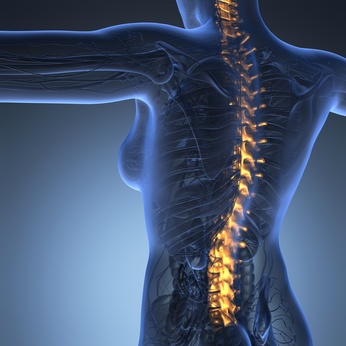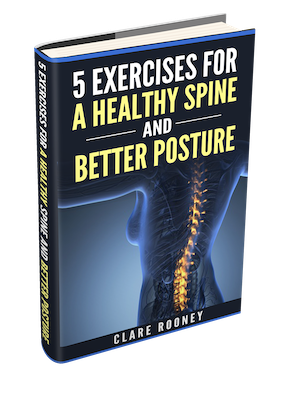Your Over-Stimulated Nervous System

OVER 40 – FAT and FED UP!
February 21, 2017
The Corrective Process: What you need to understand if you have Back Pain.
December 6, 2017If I were to sum up the root cause of most of my client’s health complaints I would boil it down to having an Over-stimulated Nervous System.
Parasympathetic versus Sympathetic Nervous System
The body’s nervous system is extremely complicated. In a nutshell it’s divided into two main wings; the central nervous system, CNS (brain and spinal cord) and the peripheral nervous system, PNS, (which are all of the nerves arising from the spinal cord). The peripheral nervous system is itself comprised of two wings. One of those wings is called the Autonomic Nervous System, ANS.
The autonomic nervous system controls all of those things which happen subconsciously. So the autonomic system is like an automatic system that gets vital functions done without thinking. It too is divided into two main wings; the Parasympathetic system and the Sympathetic system.
The Parasympathetic system is responsible for what is often called the “rest and digest” functions and the Sympathetic side is often referred to as the “Fight or Flight” system.
In simplified terms the sympathetic nervous system gets you up, mobilised and going and it really ramps things up if there is an emergency. It does things like dilate your pupils so you can see better, and it inhibits peristalsis (the natural muscular contractions along the gut wall). Who has time to poop when you are running from a sabre toothed tiger? It increases your heart rate, it gets your lungs absorbing more oxygen and it increases sweating so you can stay cool when you’re on the run. Basically it’s a system of go, go, go!
The parasympathetic nervous system on the other hand is designed to bring you back to balance after all the get up and go of the sympathetic side of things. It is responsible for digestion and defecation and aspects of sexual arousal.
The sympathetic nervous system is tissue wasting (catabolic). It is responsible for the feeling of an adrenaline rush. The parasympathetic nervous system is tissue building (anabolic) and it is responsible for repairing and healing the body. Both sides of the system complement each other. When one side is working the other is not. You cannot be in a fight or flight mode and a rest and digest mode at the same time.
The problem with modern living is that many individuals spend most of their time in sympathetic mode.
Its go, go, go, action and doing all the time. Then the same person trains for a marathon to “relax” and switch off. This individuals mind may be switched on to something else however their body is still in a state of sympathetic dominance! In time this leads to burn out, adrenal fatigue, digestive issues and thyroid disorders among other issues.
How do you know if you are stressed? Sympathetic Dominance.
In my experience working with clients one to one for 14 years most individuals who are highly stressed don’t even realise they are stressed. They usually come to me for a number of reasons. The most obvious ones being:
1: An inability to lose fat or “weight” regardless of eating well and exercising.
2: Complaining of fatigue.
3: Joint pain with back ache being the most common.
What these individuals have not realised is that they have been in flight or fight mode for years and in many cases decades.
What are the other signs of sympathetic dominance?
4. Dilated pupils resulting in sensitivity to bright light.
5. Ongoing worry or anxiety.
6. Possible panic attacks
7. Inability to relax and unwind.
8. Disturbed sleep.
9. Indigestion.
10. Constipation.
11. Depression. High cortisol levels (a stress hormone) wipe out serotonin the neurotransmitter of happiness.
12. Weakened immune system. You catch every bug going.
13. Low sex drive.
14. Stomach ulcers.
15. Craving sugar, alcohol, coffee or cigarettes. These are all potent modulators of blood sugar.
16. Chronic muscle tension.
17. Water retention or Oedema
18. Being on the go constantly. Not being able to simply do nothing.
Go back through those 18 signs and symptoms just listed. How many of these do you experience? The more you have the more likely that you are sympathetic dominant. You need to make stress reduction a high priority.
Check out my other blogs on stress: Adrenaline Junkie, What is Stress, Your Emotional Belly, Before You Try to Fix Your Digestion…Read This!, and get a copy of my book “Cracking the Mind Body Code” which gives multiple strategies for stress reduction and looks at some hidden causes of stress that most people are unaware of.
Both my Nutrition and Lifestyle Transformation course and My Holistic Living Program go into great detail on the topic of stress and how to get you back into balance.





